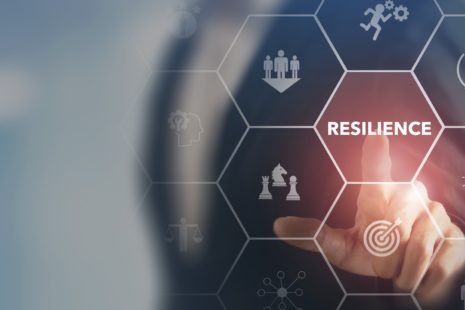Cultivating Heightened Emotional Intelligence for Personal and Interpersonal Growth
The ability to navigate and understand emotions, both within ourselves and in others, has never been more crucial. Heightened emotional intelligence (EI) goes beyond mere self-awareness; it involves recognizing, comprehending, and effectively managing emotions in various situations. The purpose of this blog is to delve into the significance of cultivating heightened emotional intelligence and explore how it can positively impact personal and interpersonal aspects of our lives.
Understanding Emotional Intelligence
Emotional intelligence is a multifaceted skill that encompasses self-awareness, self-regulation, empathy, and interpersonal skills. By honing these aspects, individuals can navigate human emotions with finesse. Heightened emotional intelligence is not only about recognizing and managing one’s own emotions but also about understanding the emotions of others.
The Role of Purpose
One key element in fostering emotional intelligence is having a sense of purpose. Purpose provides a framework for understanding the why behind our actions and emotions. It acts as a guiding force, influencing our responses and decisions in various situations. When we have a clear purpose, it becomes easier to align our emotions with our goals and values, leading to a more harmonious and balanced emotional state.
Benefits of Heightened Emotional Intelligence
- Self-Awareness: A heightened emotional intelligence allows individuals to be more in tune with their own emotions. This self-awareness is the cornerstone of emotional intelligence, paving the way for better decision-making and personal growth.
- Self-Regulation: Purpose-driven individuals with high emotional intelligence excel in regulating their emotions. They can navigate stress, frustration, and challenges more effectively, maintaining composure even in demanding situations.
- Empathy: Understanding the emotions of others is a hallmark of emotional intelligence. Purpose provides a lens through which individuals can connect with and comprehend the feelings of those around them, fostering stronger relationships.
- Interpersonal Skills: Purpose-driven individuals with heightened emotional intelligence excel in interpersonal relationships. They communicate effectively, resolve conflicts, and collaborate seamlessly, creating positive environments in both personal and professional spheres.
Practical Strategies for Cultivating Emotional Intelligence
- Clarify Your Values: Define your core values and align them with your goals. This clarity will guide your emotional responses and actions.
- Practice Mindfulness: Regular mindfulness exercises can enhance self-awareness and improve your ability to regulate emotions.
- Active Listening: Cultivate the habit of active listening to better understand the emotions of those around you. This strengthens your empathetic connection with others.
- Reflect on Emotions: Take time to reflect on your emotions and their origins. This introspection contributes to self-awareness and self-regulation.
Conclusion
By understanding and embracing our purpose, we unlock the potential to enhance our emotional intelligence, fostering personal growth and nurturing meaningful connections with others. As we embark on the journey of cultivating heightened emotional intelligence, let us remember that purpose not only shapes our actions but also enriches our emotional landscape, enabling us to lead more fulfilling and harmonious lives.







